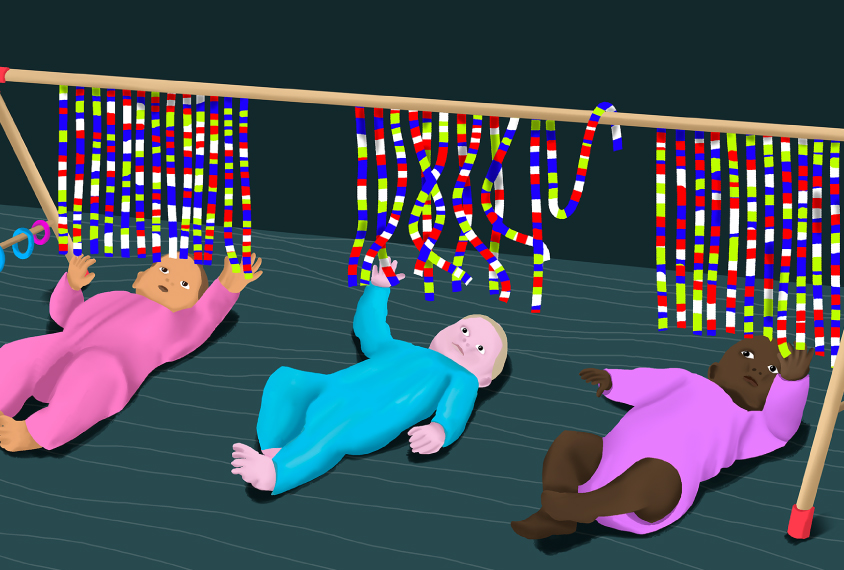Mustafa Sahin is professor of neurology at Harvard University and director of the Translational Neuroscience Center at Boston Children’s Hospital.
Mustafa Sahin
Professor
Harvard University
From this contributor
Studies of tuberous sclerosis may shed light on biology of autism
Tuberous sclerosis provides a unique opportunity to understand autism because about half of people with that single-gene condition also have autism.

Studies of tuberous sclerosis may shed light on biology of autism
Insights for autism from tuberous sclerosis complex
Studying tuberous sclerosis provides researchers with a unique opportunity to find a common pathway among the various genetic causes of autism, says neurologist Mustafa Sahin.

Insights for autism from tuberous sclerosis complex
Explore more from The Transmitter
Shifting neural code powers speech comprehension
Dynamic coding helps explain how the brain processes multiple features of speech—from the smallest units of sounds to full sentences—simultaneously.

Shifting neural code powers speech comprehension
Dynamic coding helps explain how the brain processes multiple features of speech—from the smallest units of sounds to full sentences—simultaneously.
Astrocytes orchestrate oxytocin’s social effects in mice
The cells amplify oxytocin—and may be responsible for sex differences in social behavior, two preprints find.

Astrocytes orchestrate oxytocin’s social effects in mice
The cells amplify oxytocin—and may be responsible for sex differences in social behavior, two preprints find.
Neuro’s ark: Spying on the secret sensory world of ticks
Carola Städele, a self-proclaimed “tick magnet,” studies the arachnids’ sensory neurobiology—in other words, how these tiny parasites zero in on their next meal.

Neuro’s ark: Spying on the secret sensory world of ticks
Carola Städele, a self-proclaimed “tick magnet,” studies the arachnids’ sensory neurobiology—in other words, how these tiny parasites zero in on their next meal.